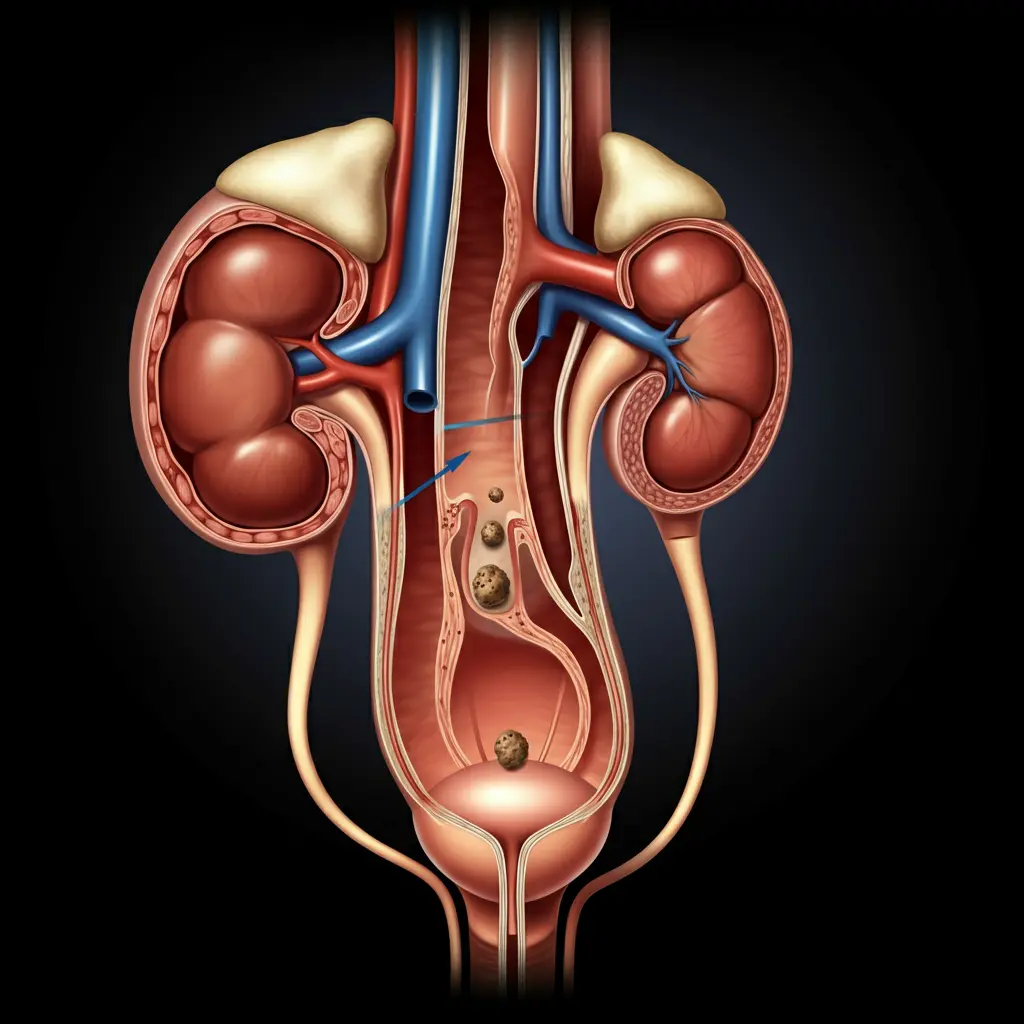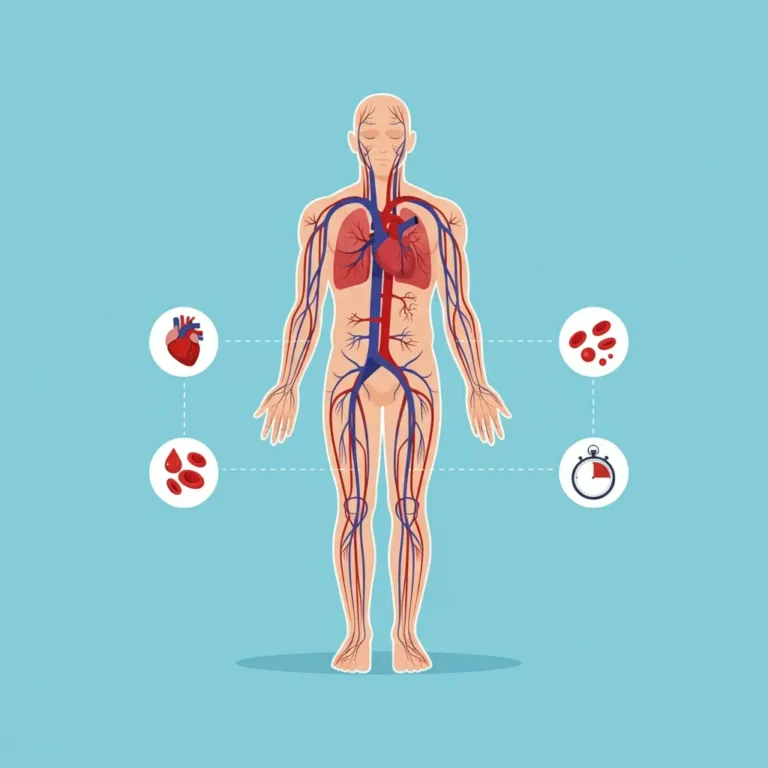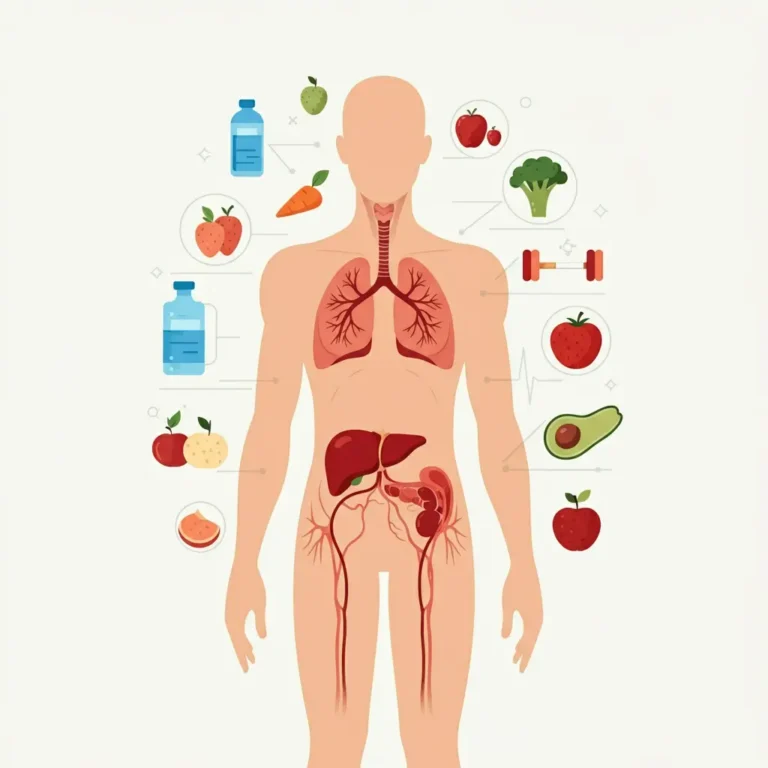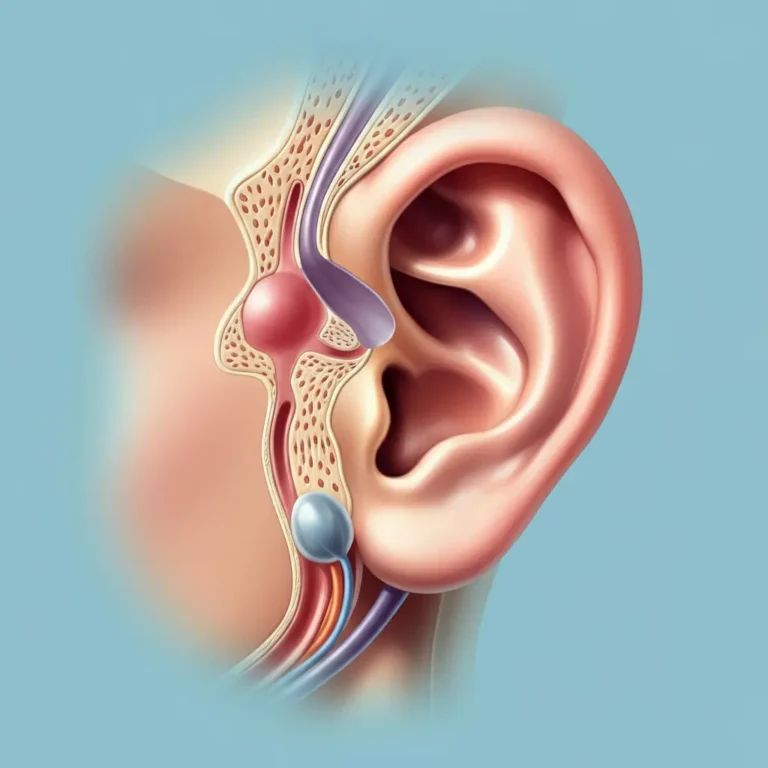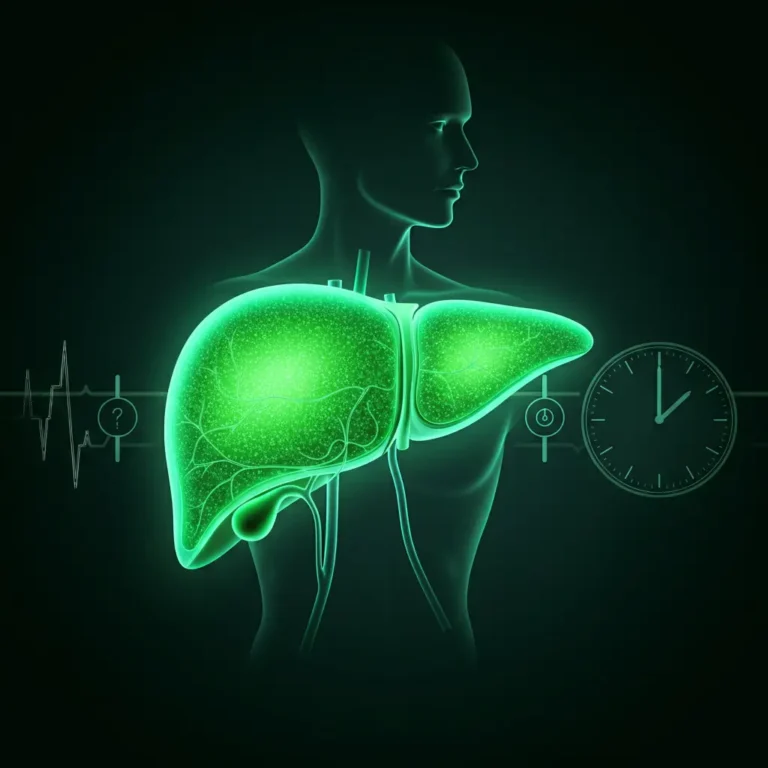How Long Does It Take to Pass a Kidney Stone
Passing a kidney stone can be a harrowing and stressful experience. If you are dealing with this condition, one of the most common questions you may have is, “How long does it take to pass a kidney stone?” The answer varies and depends on factors like the stone’s size, its location, and your overall health. This guide will provide a detailed, easy-to-understand explanation to help you grasp what to expect, what to do, and how to manage the process effectively.
Table of Contents
1. What Are Kidney Stones?
Kidney stones are hard mineral and salt deposits that develop within the kidneys. These stones can vary in size, ranging from a grain of sand to as large as a golf ball. While some stones can pass naturally without causing major issues, others may block the urinary tract and lead to intense pain.
2. Common Symptoms of Kidney Stones
Although some kidney stones are asymptomatic, others may cause noticeable discomfort. Common symptoms include:
- Severe lower back or side pain.
- Bloody or cloudy urine.
- Persistent need to urinate.
- Pain during urination.
- Nausea and vomiting.
3. How Do Kidney Stones Form?
Kidney stones form when there is an imbalance in the substances found in urine. For example, if your urine contains elevated levels of calcium, oxalate, or uric acid, these elements can crystallize and bind together, leading to stone formation. Factors like diet, dehydration, and genetics can increase your risk.
4. Factors Affecting the Time to Pass a Kidney Stone
The time it takes to pass a kidney stone depends on several considerations:
- Size of the Stone: Larger stones take longer to pass.
- Stone Location: A stone located closer to the bladder may pass faster.
- Hydration Levels: Staying hydrated can help speed up the process.
- Urinary Tract Health: Any narrowing or blockages can delay movement.
5. How Long Does It Take to Pass Naturally?
Typically, small kidney stones (less than 4 mm) can pass within 1-2 weeks. Stones between 4-6 mm may take up to three weeks, while larger stones often require medical intervention. However, individual differences mean there’s no universal timeline.
6. Small vs. Large Kidney Stones
- Small Stones (under 4 mm): These are more likely to pass with sufficient hydration and over-the-counter pain relief, often within days to a week.
- Large Stones (6 mm and above): Larger stones may get stuck and require treatments like shock wave therapy (lithotripsy) or surgical removal.
7. The Role of Hydration in Passing Stones
Hydration is key to flushing out kidney stones. Drinking at least 2-3 liters of water daily can encourage the stone to move through the urinary tract. Adding a squeeze of lemon to your water may also help, as citrate can prevent stone growth and aid breakdown.
8. Medical Interventions for Kidney Stones
For stones that don’t pass naturally, a range of medical interventions can be considered:
- Lithotripsy: Uses sound waves to break the stone into smaller, passable pieces.
- Ureteroscopy: A scope is inserted to remove or break the stone.
- Percutaneous Nephrolithotomy: Surgical removal for huge stones.
9. Pain Management During the Process
Passing a kidney stone often involves intense pain. Over-the-counter medications like ibuprofen or acetaminophen can provide relief. Your doctor may also prescribe alpha-blockers to relax muscles in the ureter and speed up the process.
10. Dietary Recommendations for Kidney Stone Sufferers
Changes in diet can prevent and manage kidney stones:
- Increase Fluid Intake: Aim for water and citrate-rich drinks.
- Limit Oxalate-Rich Foods Like spinach, nuts, and tea.
- Reduce Sodium: High sodium leads to more calcium in urine.
- Moderate Protein: Excess red meat raises uric acid levels.
11. Preventing Future Kidney Stones
Prevention involves maintaining a balance of nutrients and staying hydrated. Regular exercise and managing conditions like obesity and diabetes can also reduce risks.
12. Understanding Complications From Kidney Stones
While most stones cause temporary inconvenience, untreated stones can lead to kidney infection, chronic kidney disease, or even sepsis in severe cases. Recognizing warning signs and acting promptly can prevent these issues.
13. When to Seek Medical Help
Consult a healthcare provider if:
- Pain becomes unbearable.
- Fever and chills accompany other symptoms.
- You experience difficulty passing urine.
- There’s persistent blood in the urine.
14. Home Remedies That Might Help
While home remedies aren’t a substitute for medical care, they may complement treatment:
- Watermelon Juice: Natural diuretic properties.
- Apple Cider Vinegar May help dissolve stones.
- Herbal Teas: Certain teas, like basil tea, could reduce pain.
15. Frequently Asked Questions
How long does it take to pass a kidney stone naturally?
Small stones may pass in 1-2 weeks, while larger stones often take longer and might require medical treatment.
Can drinking water help with passing a kidney stone?
Yes, staying well-hydrated can speed up the process. Aim for 2-3 liters of water daily.
What size kidney stones can pass without surgery?
Stones under 6 mm are often passable without surgery, though it depends on individual factors like health and hydration.
What are the warning signs of kidney stone complications?
Seek medical help if you experience fever, unbearable pain, difficulty urinating, or persistent blood in your urine.
Are there long-term effects of kidney stones?
If managed poorly, kidney stones can lead to complications like infections or reduced kidney function.
How can I prevent kidney stones?
Drink plenty of water, reduce sodium and oxalate intake, and maintain a balanced, healthy diet.
Passing a kidney stone is never a pleasant experience, but understanding the process can make it less stressful. By staying informed, hydrated, and working closely with your healthcare provider, you can manage kidney stones effectively and reduce the likelihood of recurrence.

